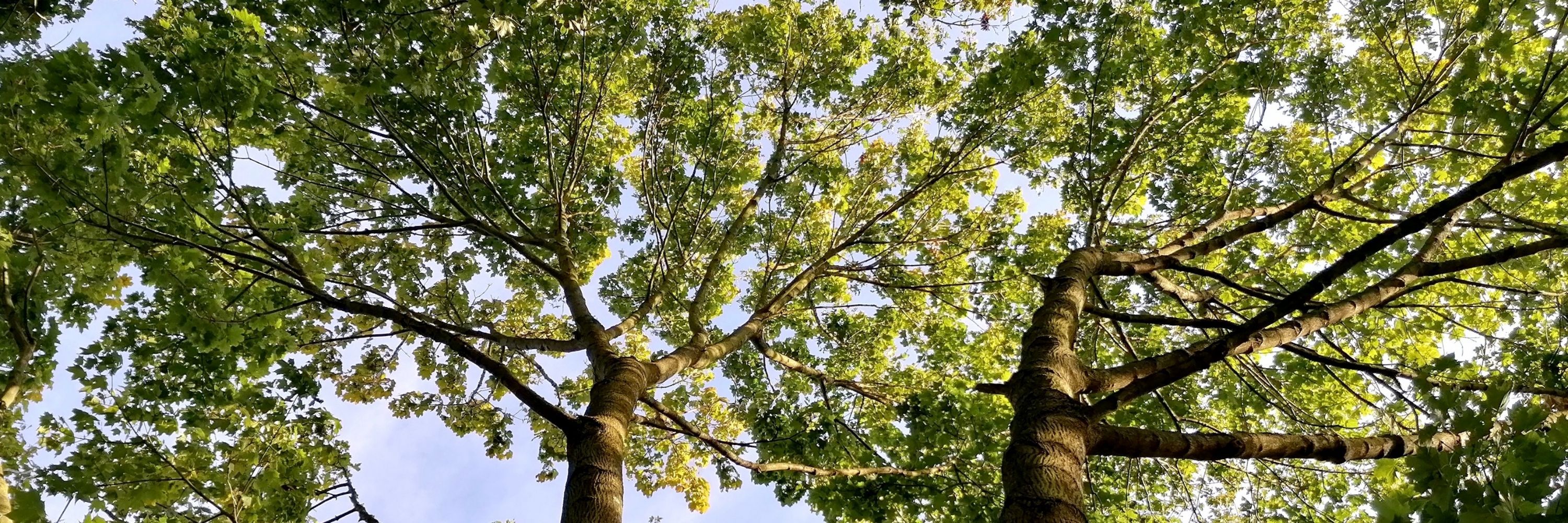
Based in London, UK.







www.theguardian.com/news/ng-inte...



1/

1/



10/
10/
9/

9/
8/
8/
Very little difference at force-level suggests the bar for suspicion is applied quite consistently.
7/

Very little difference at force-level suggests the bar for suspicion is applied quite consistently.
7/
5/

5/
4/

4/
3/
3/
2/

2/

